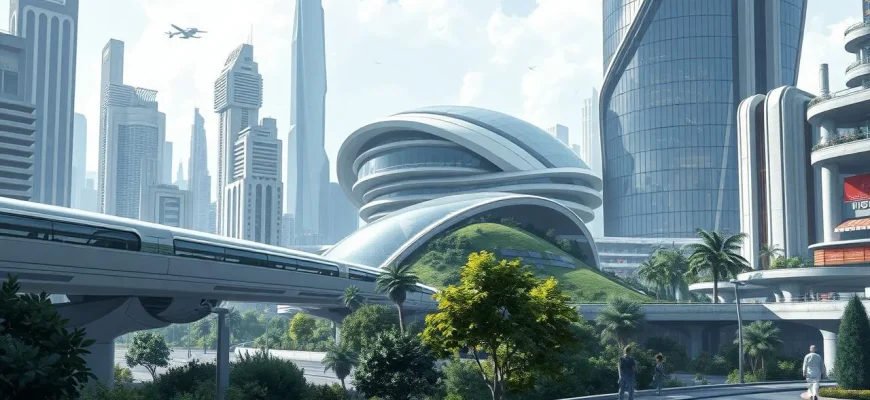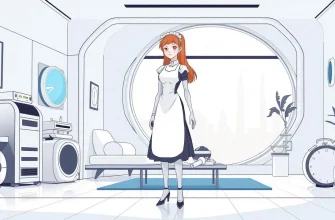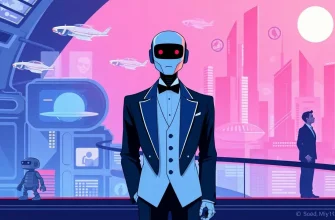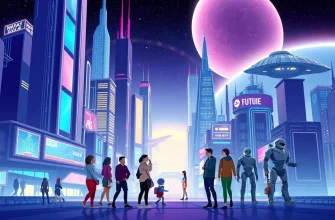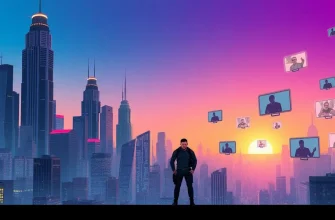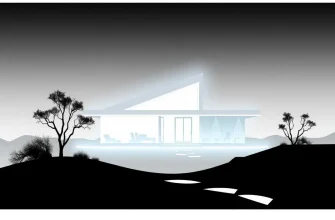Dive into a world where architecture transcends the boundaries of imagination and reality. This curated list of 10 sci-fi films not only entertains but also inspires with their visionary depictions of future cityscapes and structures. From towering metropolises to utopian habitats, these films offer a glimpse into what architects and designers might dream up for our future. Whether you're an architecture enthusiast or a sci-fi aficionado, this collection promises to captivate your mind with its blend of creativity, technology, and speculative design.

Metropolis (1927)
Description: Fritz Lang's silent film presents a futuristic city divided into the utopian upper city and the oppressive underground worker's world. Its art deco skyscrapers and intricate set designs are still studied for their visionary approach to urban planning.
Fact: The film's sets were so elaborate that they were reused for other films, including "The Wizard of Oz."
 Watch Now
Watch Now 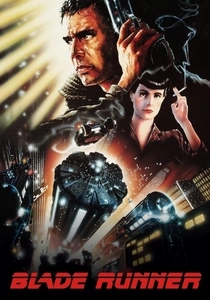
Blade Runner (1982)
Description: Ridley Scott's masterpiece showcases a dystopian Los Angeles in 2019, where towering buildings, neon lights, and a perpetual rain create an unforgettable atmosphere. The film's depiction of future architecture has influenced countless works since.
Fact: The film's set design was inspired by the works of French artist Moebius, and the cityscape was partially based on the Hong Kong skyline.
 Watch Now
Watch Now 
Brazil (1985)
Description: Terry Gilliam's dark comedy presents a dystopian world where bureaucracy reigns, and the architecture reflects a surreal blend of retro-futurism and oppressive control, with massive, labyrinthine office buildings.
Fact: The film's sets were designed to look like a blend of the 1930s and 1940s with futuristic elements, creating a unique visual style.
 Watch Now
Watch Now 
Ghost in the Shell (1995)
Description: This anime film offers a cyberpunk vision of a future where cities are a blend of traditional Japanese architecture with towering, futuristic structures, creating a unique aesthetic that has influenced many works.
Fact: The film's director, Mamoru Oshii, was inspired by the architecture of Hong Kong and Kowloon Walled City.
 Watch Now
Watch Now 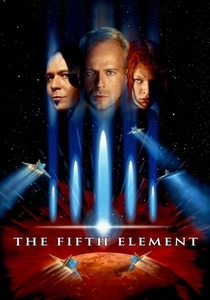
The Fifth Element (1997)
Description: Luc Besson's vibrant vision of the 23rd century features a New York City where flying cars navigate through a cityscape of towering skyscrapers, blending ancient Egyptian and modern architectural styles.
Fact: The film's set design was influenced by the work of French comic artist Jean Giraud (Moebius), who also worked on "Blade Runner."
 Watch Now
Watch Now 
The Matrix (1999)
Description: While much of the film takes place in a simulated reality, the real world shows a desolate, post-apocalyptic landscape with remnants of towering structures, hinting at a once-thriving civilization.
Fact: The Wachowskis drew inspiration from various architectural styles, including the works of architect Lebbeus Woods.
 Watch Now
Watch Now 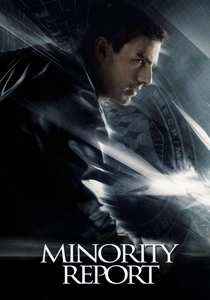
Minority Report (2002)
Description: Steven Spielberg's adaptation of Philip K. Dick's story features a future Washington D.C. with interactive billboards, transparent screens, and a cityscape that feels both futuristic and eerily plausible.
Fact: The film's architecture was inspired by the works of architect Frank Lloyd Wright, particularly his concept of "organic architecture."
 Watch Now
Watch Now 
A.I. Artificial Intelligence (2001)
Description: In this Steven Spielberg film, the future city of Rouge City is depicted with a mix of high-tech skyscrapers and submerged ruins, showcasing a world where technology and nature have intertwined in unexpected ways.
Fact: The film's visual effects were groundbreaking, with the cityscape created using a combination of miniatures and CGI.
 Watch Now
Watch Now 
Elysium (2013)
Description: Neill Blomkamp's film contrasts the overcrowded, dilapidated Earth with the pristine, utopian space station Elysium, showcasing a stark architectural divide between the rich and the poor.
Fact: The design of Elysium was inspired by the concept of a rotating wheel space station, reminiscent of early space station designs.
 Watch Now
Watch Now 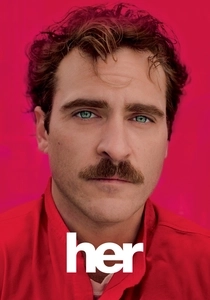
Her (2013)
Description: Spike Jonze's film presents a near-future Los Angeles where the architecture is sleek, minimalist, and integrated with technology, reflecting a society where human interaction is increasingly mediated by screens.
Fact: The film's production designer, K.K. Barrett, aimed to create a world that felt both futuristic and plausible, using real locations in Los Angeles and augmenting them with futuristic elements.
 Watch Now
Watch Now 
